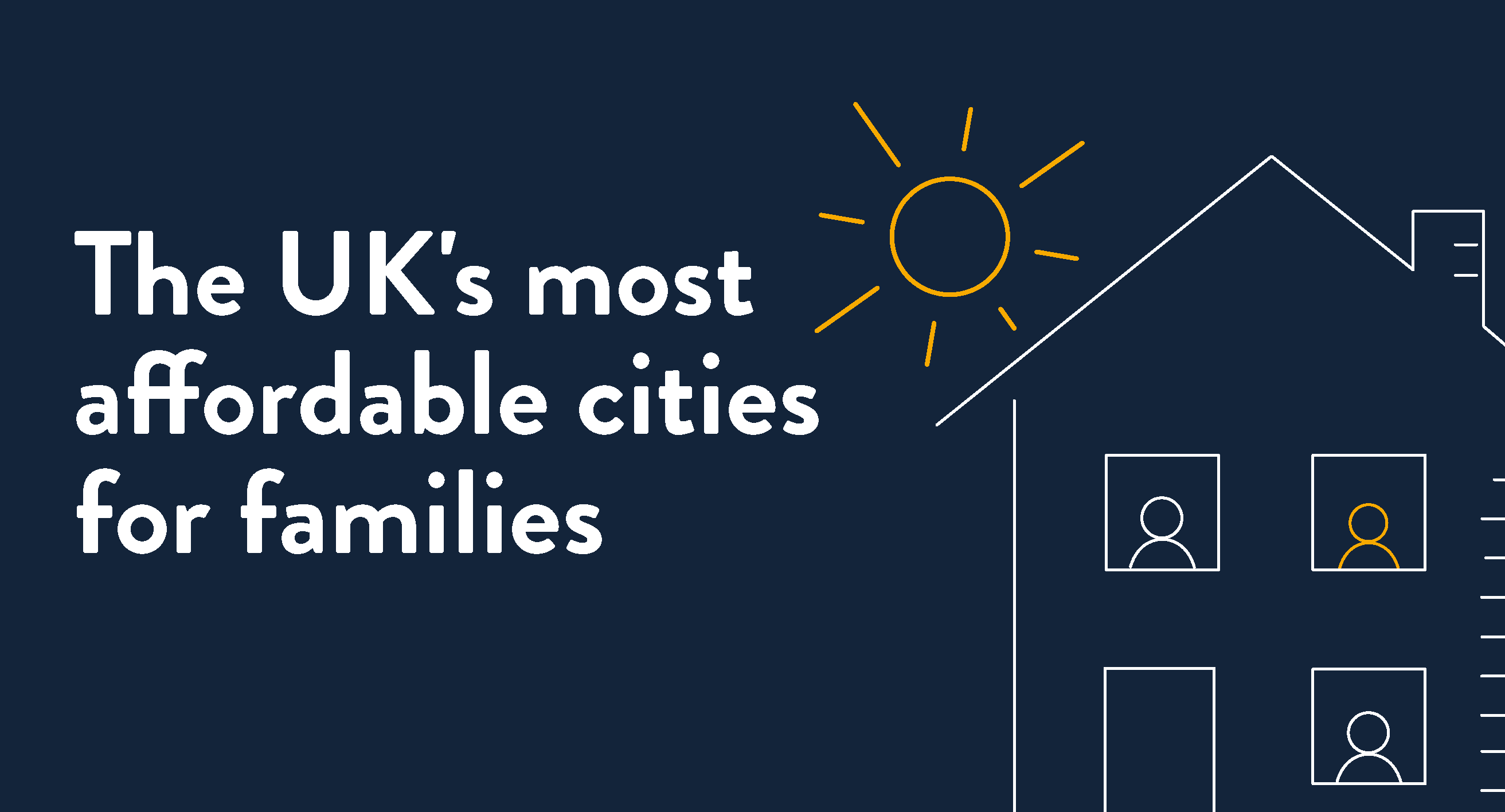
The moment a child learns the word ‘why’ parents find themselves needing Google at their fingertips 24/7 to satisfy questioning kids. Children learn through asking questions. Their opinions become shaped in the answers. Equipping yourself with the knowledge of the main money-related questions which will come your way, and how to answer them, will ensure another parenting-win on your part.
Let’s have a look at some of the main questions children ask about money, and how to answer them:
Q: Why Can’t We Just Get More Money from the Hole in the Wall?
If your child watches money magically appear from the ATM with little more than presenting a piece of plastic and pressing a few buttons, they can be forgiven for thinking money just ‘happens.’ An essential life lesson about money for children is making the connection between the abstract concept of money, and the tangible earnings for work done, and value of a product or service. It’s a complicated idea when you stop and think about it.
The easiest way to answer this question is to explain what you’re doing when you use a cash machine, rather than assume they understand. It’s also important to teach them through actions. By giving children pocket money, and allowing them to earn through chores, then they can begin to understand the tangibility of money.
Q: Are We Rich, or Are We Poor?
Children tend to have very limited frames of reference. They are also, by nature, somewhat self-centred. This is developmentally normal. As they progress through primary school, they will gradually become more aware of the resources and finances available to those around them. However, this frame of reference is still very limited. The result is that it is hard for them to gauge where they fit on the economic spectrum of life.
The age, development, and behaviour of your child will determine how you answer this question. A child getting a little big for their boots might need some life lessons in how fortunate they are, whereas another who has to make use of school’s free breakfast club might need some reassurance and gentle explanation of limited funds. It can be hard to understand that we live in a ‘rich’ society even if you feel you don’t have as much as your friends. For some, it might be worth introducing them to TV shows such as Show Me What You’re Made Of on CBBC.
Q: Why Can’t I Have What Bill and Fred Have?
The moment your little one starts at school and discovers that Little Johnny’s mum bought him 500 packs of trading cards to ensure he has the complete set, you’re going to be faced with this question in some form.
Now is the time to be sure that you’ve got your parenting hymn-sheet sorted when it comes to your view on money and giving. You need to stand firm on your family values to both explain and justify them. However, take care when explaining to them that different families will do things differently, as you don’t want to inadvertently offend others when your child parrots back your explanation: so take care about making value judgements such as “Fred is spoilt” – they will come round to bite.
Q: How Much Do You Earn?
At some point, this question will rear its head. Kids haven’t had a chance to learn the social etiquette that makes them realise this is a taboo. If you don’t want your annual salary to be the talk of the school playground, then you shouldn’t answer this with a figure. Don’t forget, even if you earn the minimum wage, for children without mortgages, rent, or bills to pay, you’re going to sound like a millionaire to them.
Instead, explain kindly why it is considered impolite to ask someone, even their parents, this question. Explain how different jobs have different wages and how they don’t always represent their true worth. Again, this is a difficult concept for children to understand: why a footballer might earn millions while the nurse who patched up their knee doesn’t. However, to equip your child with an understanding that income doesn’t equate to the worth of a person, it’s an important answer to tackle.
Money Questions and Kids
Being open about money, in a general way – alongside providing opportunities for learning, such as pocket money or playing shops – can help lay the groundwork for financial responsibility as children get older.


